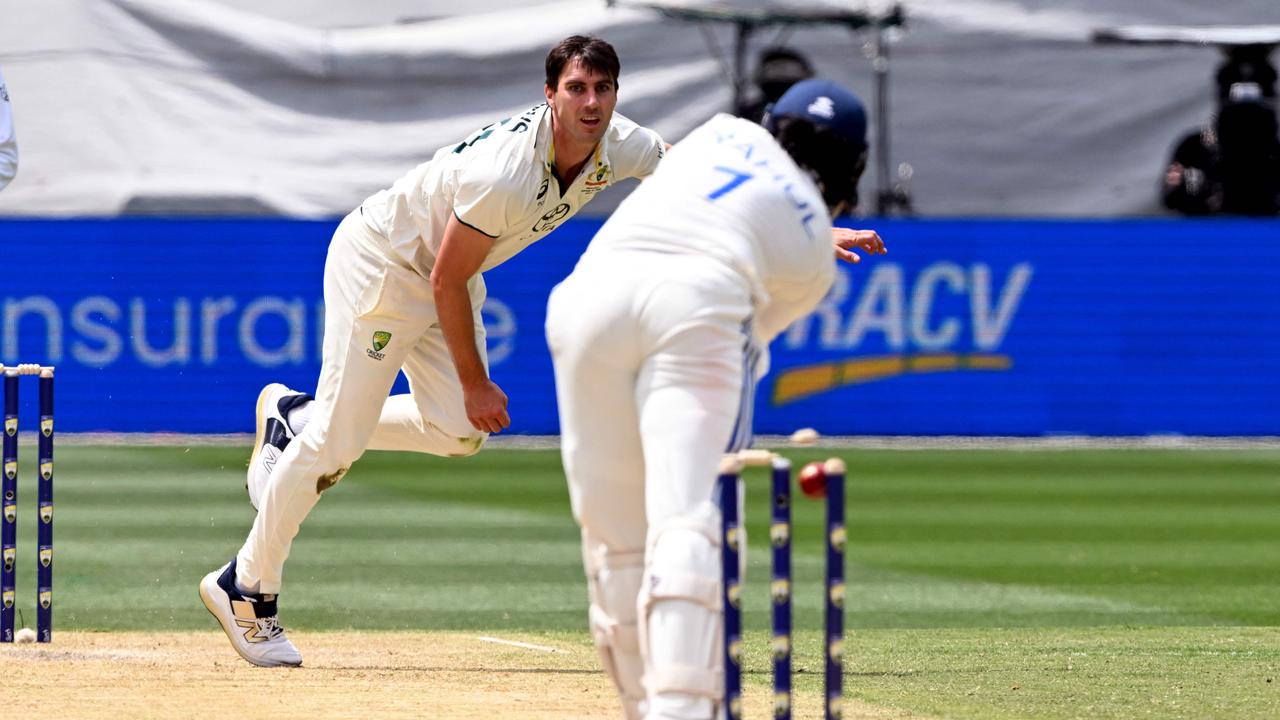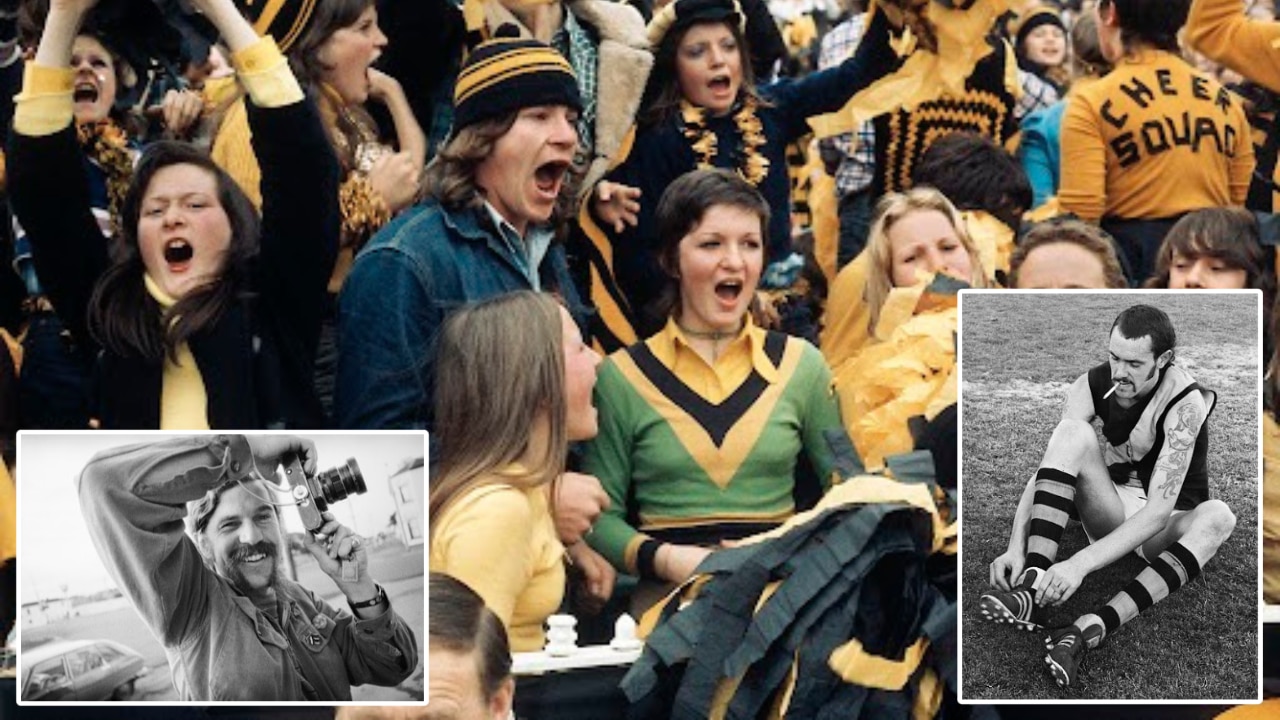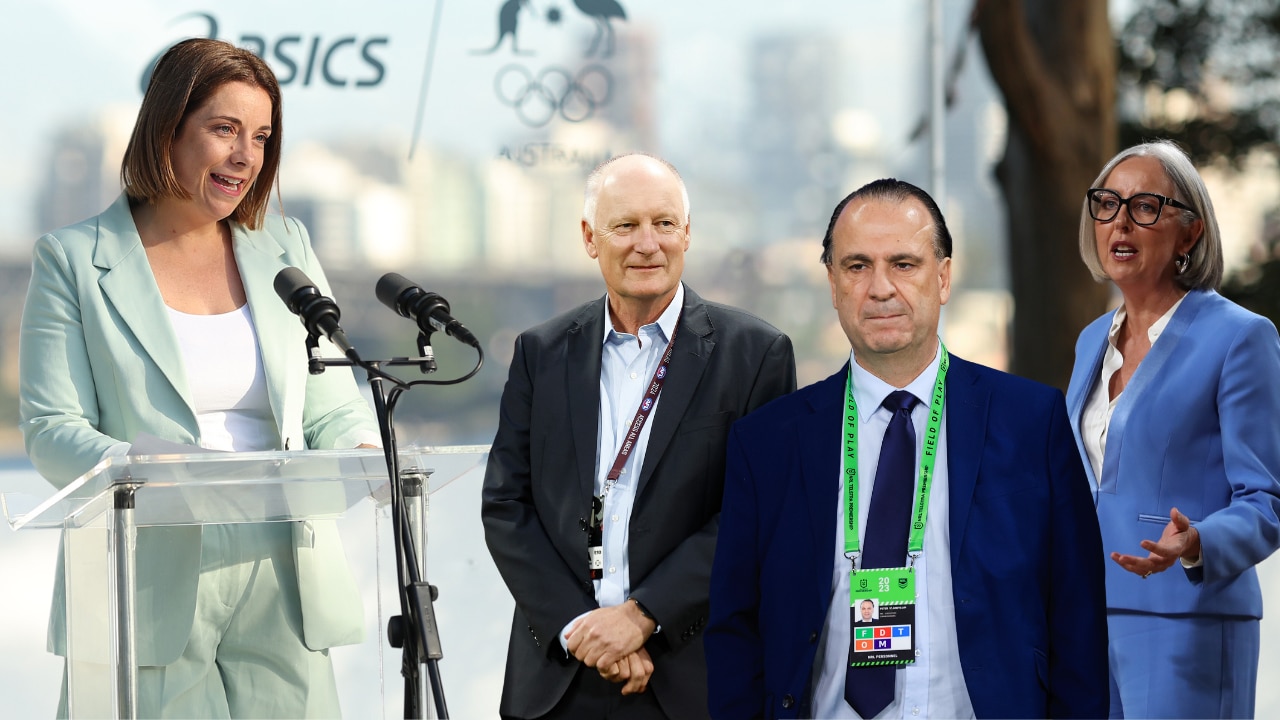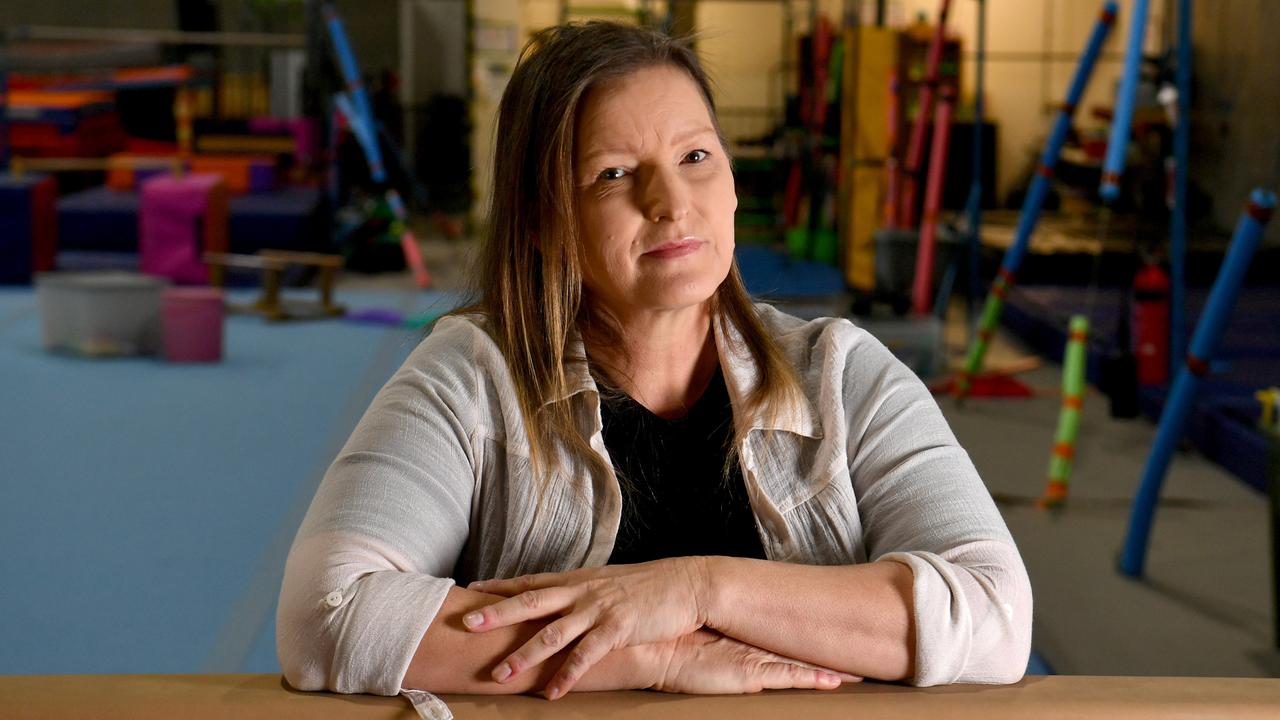Social media abuse in sport, special investigation: Are Aussie laws strict enough?
Despite attempting to take an early lead on the rest of the world, Australia is still nowhere near prepared to combat social media abuse in any section of society. Here’s where the law stands.
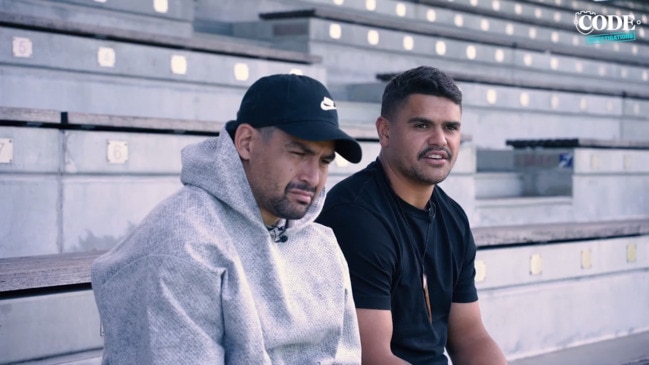
CODE Sports Investigations
Don't miss out on the headlines from CODE Sports Investigations. Followed categories will be added to My News.
Australia is taking the early lead in trying to tackle the scourge of online abuse against professional athletes but authorities already admit it’s going to be a long game.
So while no-one’s claiming victory yet because most of the new laws and research programs have only just kicked off, Australia’s headfirst approach to confronting the menace of online trolls is already starting to make some inroads.
Because the scale of the problem is already so massive and only increasing, Australian government agencies, police, major sporting bodies and even university academics have teamed up to play their part in trying to safeguard athletes from cyberhate attacks.
Serious offences - including death threats, blackmail and stalking - are already covered by long standing federal and state criminal laws, while new legislation has recently been introduced to give regulatory authorities the power to deal with unhelpful social media platforms.
Just last year, the federal government passed the Online Safety Act, which it regards as world-first legislation because it includes the Adult Cyber Abuse Scheme, which effectively holds social media giants responsible for removing offensive content.
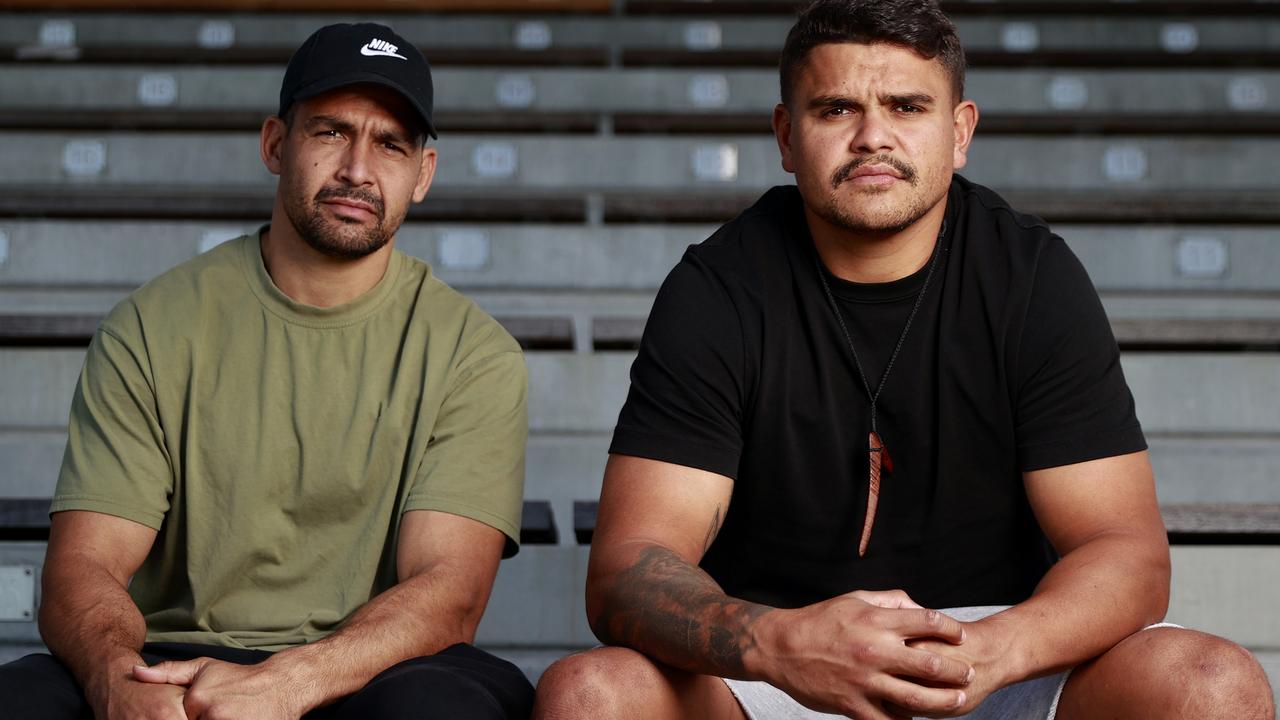
The scheme was designed to protect the entire Australian community from a broad range of online issues, including child sexual exploitation, cryptocurrency and identity shielding.
But it also includes a specific intelligence sharing agreement with Sport Integrity Australia (SIA) and major sporting bodies to safeguard athletes from being harassed on social media.
“As a collective, we’ve taken a stand against online abuse, hate speech and personal attacks in sport. Together, we’re saying ‘enough is enough’,” Australia’s eSafety Commissioner Julie Inman Grant told CODE Sports.
“With the largest and loudest group of spectators frequently found behind the keyboard, disappointed fans can feel it’s their role to unleash a torrent of online abuse when a game doesn’t play out the way they hoped.
“The abuse is often personal, racially charged, misogynistic, violent, even extending to death threats.”
STILL NOT AHEAD OF THE TROLLS
While the groundbreaking legislation empowers eSafety to seek the removal of harmful online content, there are some limits.
For example, formal requests can only proceed if a complaint is lodged and even then it has to meet the high threshold of what constitutes a serious problem.
However, eSafety officials can - and have - also made hundreds of informal approaches to social media companies, with mostly positive outcomes.
During the scheme’s first year of operation in 2022, 2,498 reports of adult cyber abuse were received, mostly relating to defamation, nasty comments and name calling, harassment, fake or impersonation accounts, and unwanted contact.
Of those, just six formal requests were made to remove content - and all agreed to.
But a further 419 informal requests were made, of which 80% were successful.
Because the regulatory body does not have the power to press criminal charges, it can, and does, forward serious complaints to the relevant enforcement agencies to take action.
“If online abuse involves threats of harm, doxing and ongoing and sustained abuse, it can also be reported to the police,” Inman Grant said.
“We make sure that anyone who reports these behaviours can also report it to the police if they choose.”
Police have long had the authority to investigate death threats and other serious offences under the Commonwealth Criminal Code Act.
But most states now also have additional jurisdiction for police to investigate a range of criminal offences committed online, including:
* stalking or intimidating
* blackmail
* unlawful uses of technology
* making threats to kill or cause serious harm to a person
* threats of violence, encouraging self-harm or suicide
* breach of confidence
* defamation.
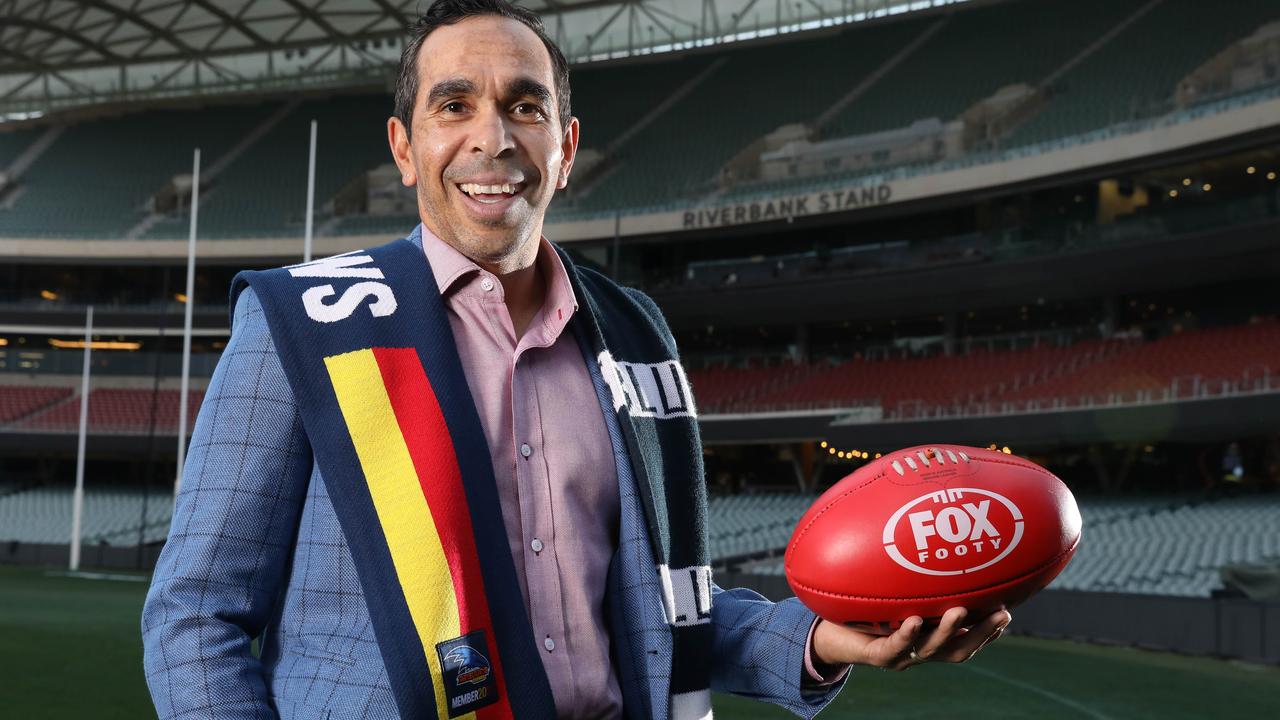
WHO IS TARGETED
Furthermore, the Australian Institute of Sport (AIS) has begun strengthening its ongoing work with major sports and organisations to include online abuse and cyberhate in its wellbeing programs after concerns were identified in an audit last year into mental health issues among elite athletes.
Following the audit, the AIS has developed and added an ‘engagement’ and ‘digital’ component to its wellbeing programs available to high-performance athletes.
“Winning well extends to life outside of sport, of which social media is a huge part,” the Executive General Manager of AIS Performance Matti Clements told CODE Sports.
“So it’s important we equip our athletes with the tools to navigate it safely.”
Sport Integrity Australia (SIA) has also recently agreed to a joint PhD research with the University of Canberra (UC) to help formulate future policies on how to stem the torrent of online abuse directed at female athletes.
“When it comes to cyber bullying, the PhD is the Australian Government taking the lead with UC to better understand the problem and how we might respond to it because it’s becoming a bigger problem than we can manage alone,” SIA boss David Sharpe said.
Academics at Deakin University have also put their shoulders to the wheel, researching online vitriol directed at female and gender diverse professional athletes.
“We want to find out how prevalent gendered online harassment is in professional women’s sport, what the impact of this is and what needs to be done to make online communities a safer space for women and gender diverse people,” project lead Caitlin McCrane said.
“While we know male sport players and identities are also targeted by critical or unsavoury commentary because they are in the public eye, the key difference is it tends not to be as violent, vicious or sexual in nature.”
HOW THE AFL NUMBERS LOOK
The scourge of social media abuse in sports is rising.
An AFL Players’ Association survey found social media has become the second-highest societal issue impacting the game’s 800 combatants behind mental health.
Two per cent of players who use social media said they experienced trolling or abuse on social media every day.
Another 16 per cent said they experienced trolling or abuse on social media ‘most days’.
The primary motivation behind the trolling was related to:
* Player performance - 78 per cent.
* Incidents on game day - 43 per cent.
* Gambling on players/team performance - 33 per cent.
When asked how the player union could protect players from abuse via social media, options included:
* 40 per cent - continuing to call it out by making public comments, reiterating player comments, players supporting other players.
* 25 percent - providing players with strategies and resources and educating players on blocking accounts, muting words, privacysettings, resilience and providing a tracking or reporting process that players can send abusive posts to.
* 17 per cent - enforcing consequences for trolls, bans from clubs’ social media and attending games.
Originally published as Social media abuse in sport, special investigation: Are Aussie laws strict enough?


